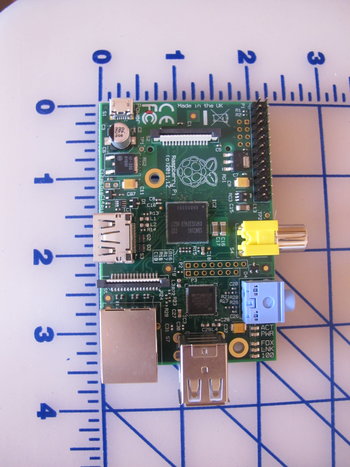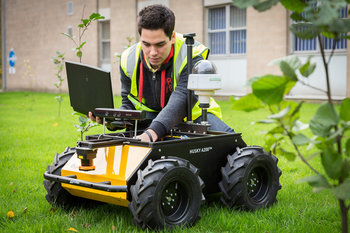
Offline Games
Games that don't need to connect to the internet to be fully functional. For example, a game system that operates with software cartridges such that games are fully playable without setting up a network connection.Offline Devices
Physical devices that contain embedded systems but don't need to connect to the internet. For example, a smart TV that can accept voice commands without sending your voice to a cloud server. This may be preferred by consumers who value privacy and security.Offline Media
Media that doesn't require an internet connection such as a DVD.Broadcast Media
Media that is transmitted by ground stations or satellite without a two-way network connection. For example, television that is broadcast over the airwaves.Offline Mode
Offline mode is when a tool requires an internet connection but can also operate in some limited way without the connection. For example, a streaming music service that gets all its media from the internet that caches a limited number of songs in local storage for offline use.Offline Apps
In rare cases, mobile apps are installed using an internet connection but then refrain from connecting to the internet again. This may be used as a unique selling point as mobile app users are increasing aware that apps can be used to track them.Desktop Software
Software such as an office productivity package that is fully installed on a local machine without any ability to connect to the internet. In many cases, software appears to be offline but will connect to any internet connection available to send data back to the vendor. Security tools such as firewalls can be used to block this behavior.Operating Systems
Operating systems are usually highly functional without a network connection. They also tend to connect back to the vendor a great deal if you connect to the internet. This behavior differs greatly by vendor and can be a factor in the selection of a secure and private operating system.Low Technology
In many cases, users prefer devices and software that is far behind the state of the art because they are more stable, resilient, cheaper, private or environmentally friendly. For example, consumers who prefer offline encrypted data storage devices to cloud storage because it is cheaper and is perceived as more private. Low technology also has fans due to its nostalgic feel such as collectors of LP records.Critical Systems
Systems may be designed without network interfaces in order to enhance security. For example, a system in a nuclear power facility that has no network capabilities for security reasons.Resilient Technology
Offline software isn't exposed to issues such as network latency, outages and network based information security threats. As such, offline mode is built into any system, machine, device or infrastructure that needs to be resilient to stresses. For example, it would be unthinkably negligent to design an aircraft that is vulnerable to network attacks, conditions or outages.| Overview: Offline Software | ||
Type | ||
Definition | Any software that doesn't connect to a network such as the internet. | |
Related Concepts | ||






























